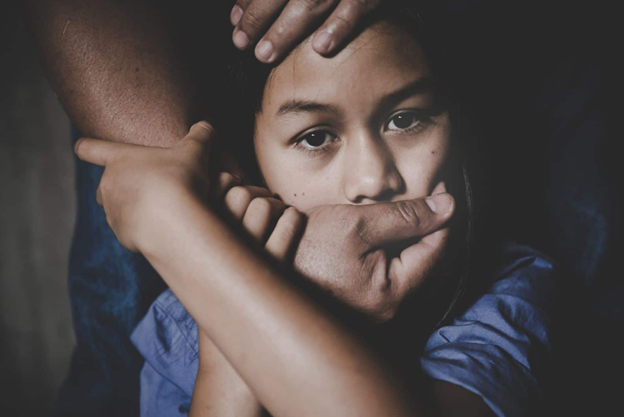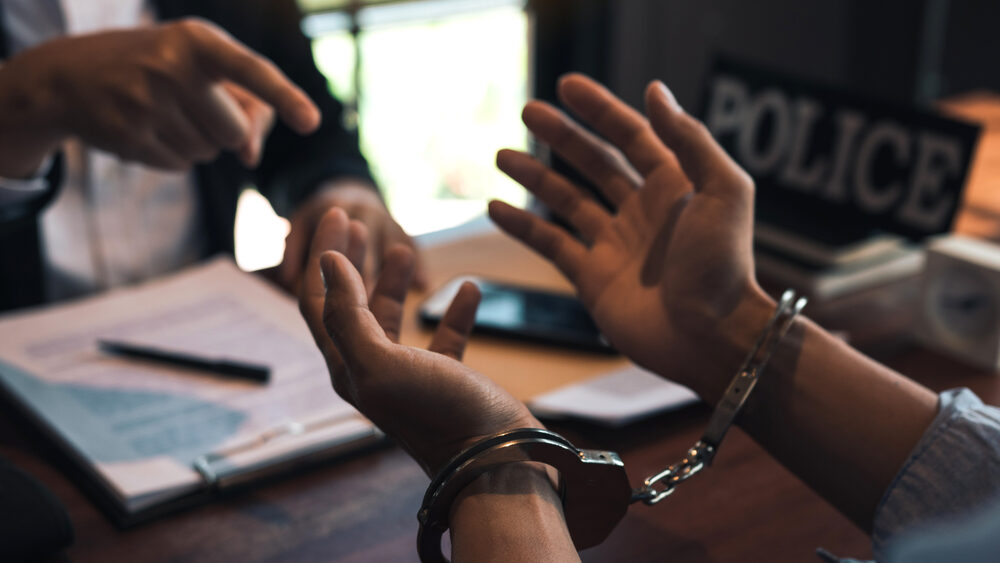
Personal injury cases happen because someone was injured, and they are seeking compensation for their injuries. When they file their claim, they will request damages to compensate for the injuries they sustained.
Table of Contents
Types of Personal Injuries
Various types of personal injuries could result in a claim. These injuries must have been caused by someone else’s negligence or actions that directly resulted in the injury. Some of these injuries include:
- Car accidents
- Wrongful death
- Slip and fall injuries
- Medical malpractice
- Birth injuries
Determining Damages
The plaintiff can determine how damages apply to personal injury cases in a variety of ways. These most often include:
- Medical costs
- Property damage
- Lost wages
- Pain and suffering
- Diminished earning ability
- Childcare costs
- Transportation costs
- Loss of consortium
The plaintiff will add up all of the concrete, objective damages, such as medical costs and lost wages. Then they will need to add in subjective damages, such as pain and suffering, potential further lost wages, or future medical treatments. Once these have been calculated, the plaintiff can use that sum to determine what settlement amount they would like to ask the judge for in the settlement case.
So Why Did I Lose?
Sometimes the most confident plaintiffs lose their personal injury settlement in court. Losing a case is disappointing and unsettling, and it is something no one believes will happen. As surprising as it is, some common factors contribute to the loss of a settlement.
Complacency
Many individuals consider their case simple. They believe if they present their case and ask for damages, they will get what they want. This is not always how things work. The plaintiff must be prepared to provide evidence and prove their case every step of the way. The defendant will do everything they can to avoid paying a settlement, and the plaintiff must be prepared to counter their arguments.
Combined Negligence
Settlements are often decided upon by first determining which party was at fault for the injury or accident. Most of the time, the fault is split between both parties. If the plaintiff was assigned as much blame as the defendant, chances of obtaining a settlement are slim. Even if the plaintiff has been assigned only 40% of the blame, it could still be challenging to collect damages. The less at fault the plaintiff is, the more likely they will receive a favorable outcome.
Responsibility
There are typically four elements of personal injury that should be present for the plaintiff to have a successful case.
- Duty of Care: The defendant had a legal duty of care for the plaintiff.
- Breach of Duty: The defendant breached their duty of care, either through intentional harm or negligence.
- Causation: The breach of duty caused an injury.
- Damages: The injury resulted in recoverable expenses, costs, and losses.
If any of these elements are absent from a plaintiff’s argument, it is much less likely that the case will be successful.
Lack of Representation
Many plaintiffs do not believe they need legal representation. Whether they do not feel that they need one to prove their case or they don’t want to spend the money, either way of thinking is greatly misled.
A personal injury claim requires a lot of paperwork. From filing the initial paperwork to ensuring the court has everything they need when they need it and navigating the negotiation process- everything requires paperwork. It is easy for someone without expertise in the field to make a mistake. The defendant may ask the plaintiff to sign paperwork that could waive their right to any claim, including waiving rights to future claims, admission of wrongdoing, or recognition of particular procedures.
Sometimes just having representation will prevent the other side from trying to take advantage of the plaintiff and ask for paperwork that would give up their rights.
Technology
In today’s world, many things can be shared in an instant. When sharing information involving a claim, it is always best to filter what is shared. Anything posted online or emailed to the defendant can be used as evidence in the claim process.
Giving False Information
Plaintiffs that overplay their injuries or try to get more in damages than they are entitled to could end up ruining any chance of obtaining a settlement for damages. Making false claims or giving incorrect information could result in dismissal of a claim, counterclaims filed, or criminal charges.
No Expert Witness
Most defendants will provide an expert witness to bolster their defense. To counter this, it is essential for the plaintiff to have an expert witness. The expert witness can explain the cause of the accident and why the plaintiff’s injuries should be compensated.
Speculating or Misspeaking
When speaking about a claim, the plaintiff needs to answer questions honestly while saying as little as possible, especially when speaking to insurance claims adjusters or other lawyers. Often, claims adjusters or lawyers from the defendant will try to get the plaintiff talking and ask them to speculate about what happened, how it happened, or why it happened.
They can use whatever is said later in the case to try and make the plaintiff look unsure of what happened, or to place blame on them. With this in mind, it is better to request that legal representation be present to advise the plaintiff during the process.
Underplaying Injuries
It is tempting for plaintiffs to try and underplay the severity or duration of their injuries. Although one should never exaggerate the seriousness of their injuries, they shouldn’t underplay them either. This could result in the reduction of a claim or dismissal altogether.
Lack of Credibility
Your credibility is critical to have the best chance of winning the case. Credibility is a combination of many factors, including how you behave and dress, how you speak, whether you speak the truth, your willingness to comply with authorities, etc.
What Are My Options After Losing a Personal Injury Case?
If a jury or judge decides to deny your case, it is possible to request a new trial. If it is granted, it is possible to point out errors in evidence that was presented, or in any rulings made by the judge that could have resulted in a negative outcome. If a new trial is denied, the decision can be appealed.
In some cases, the plaintiff and defendant can agree upon a settlement amount. However, this does not happen often. Once a judge or jury decides in favor of the defendant, they are much less likely to offer anything.
How Do I Pay for My Medical Bills After Losing My Case?
Once the case is lost, it could be possible to file a claim with health or auto insurance, whichever is applicable. You will be responsible for paying the remaining amount above what your insurance pays. Most medical providers will work with their patients and will allow payment plans to pay off the debt over time.
In short, there are a dozen or more reasons your personal injury case could have failed. As with many legal matters, the best way to avoid losing your personal injury case in court is to heed the advice of your attorney. When a plaintiff does win in court, the payout can be high and the defendant is directed by the judge to admit liability, but sometimes a pretrial settlement is a better option. Not only do you avoid the potentially long and arduous process of a trial, you also sidestep the risk of losing your case.






